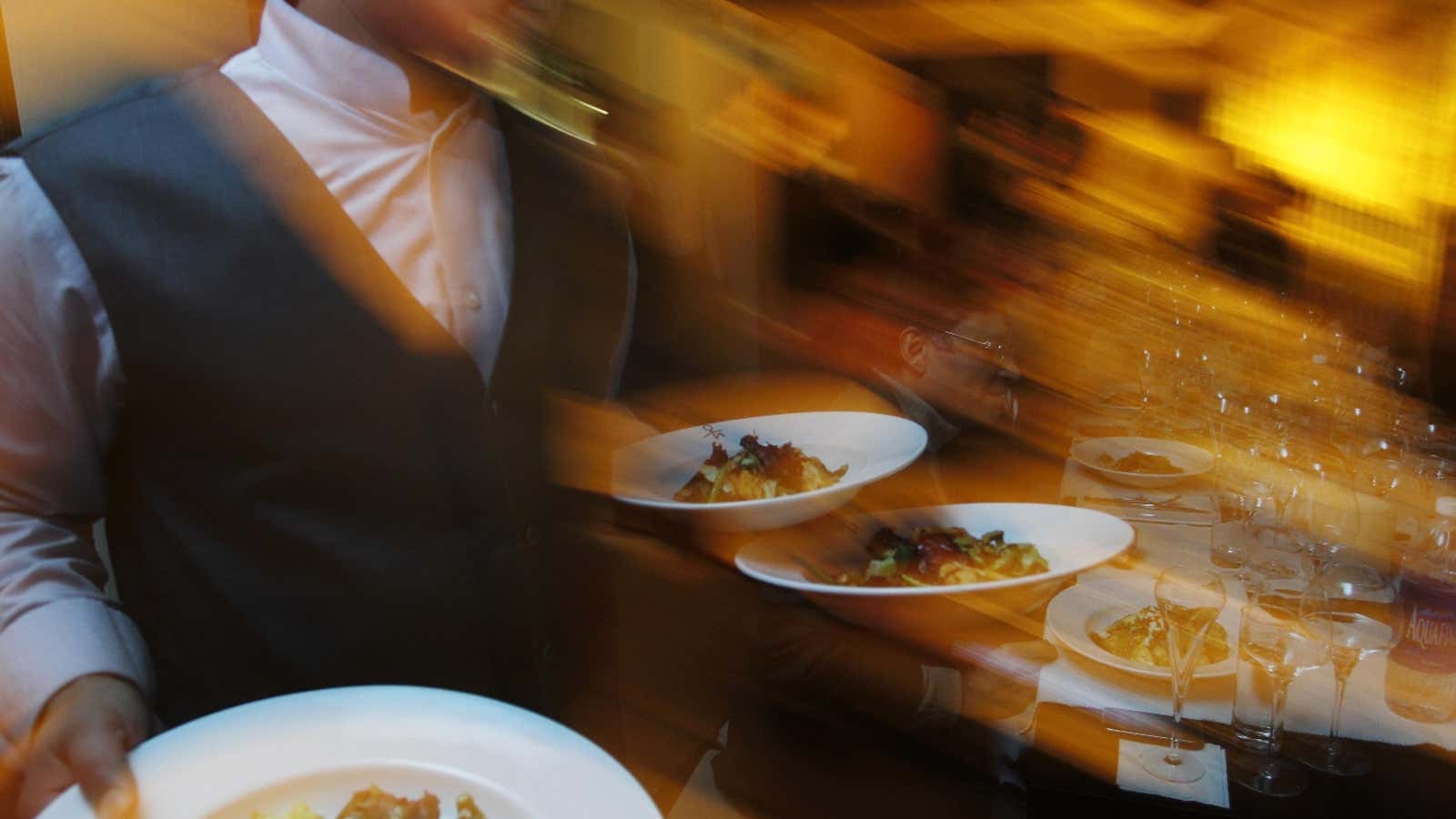Zomato today (Jan. 21) announced it has acquired Uber’s food-delivery business in India.
The $350 million all-stock transaction gives Uber around 10% ownership in the food-delivery platform.
“With this development, we are the undisputed market leaders in the food-delivery category in India,” Zomato founder and CEO Deepinder Goyal wrote in a blogpost. A December 2019 RedSeer report had pegged the two entities’ combined market share 52% of gross order volumes, as against 43% of rival Swiggy.
Uber Eats India will from today direct restaurants, delivery partners, and its app users to the Zomato platform. Its delivery partners will now be added to the latter’s fleet.
Parent firm Uber, meanwhile, is shifting its resources to its core business. “India remains an exceptionally important market for Uber and we will continue to invest in growing our local rides business,” Uber CEO Dara Khosrowshahi said.
Stronger together
With competition heating up, Uber exiting the food-delivery market is hardly a surprise.
Homegrown ride-hailing giant Ola, which acquired Foodpanda in a $200 million all-stock deal at the end of 2017, had a short successful run but deep-discounting ruined it. That’s where “UberEats won third place in India after Foodpanda drowned themselves in a flood of Rs9 milkshakes,” a Medium post noted. However, its business wasn’t sustainable either.
Already, by the quarter ended March 31, 2019, the commission earned by Uber from rides had dropped 4% year-on-year, half of it attributed to the increased investments in Uber Eats. It also reduced marketing spends and consumer incentives. With the Indian government threatening to cap its ride-hailing commission at 10% and limit the extent of surge pricing, Uber’s entire outlook turned bleak.
While Ola continues to rough it out, Uber has chosen to hand over its food-delivery business to a bigger, more focussed player.
The companies now seek a seamless transition. “I want to assure Uber Eats India users that their user experience won’t be compromised in any way—if at all, the scale gives us higher density to make our deliveries faster,” Zomato’s Goyal wrote.
